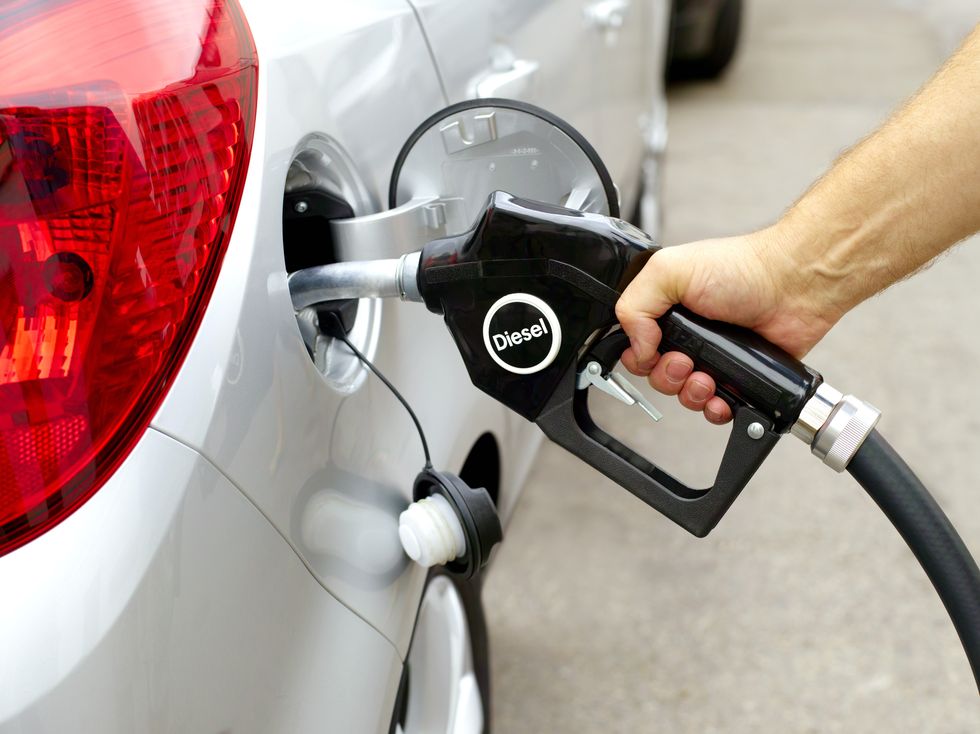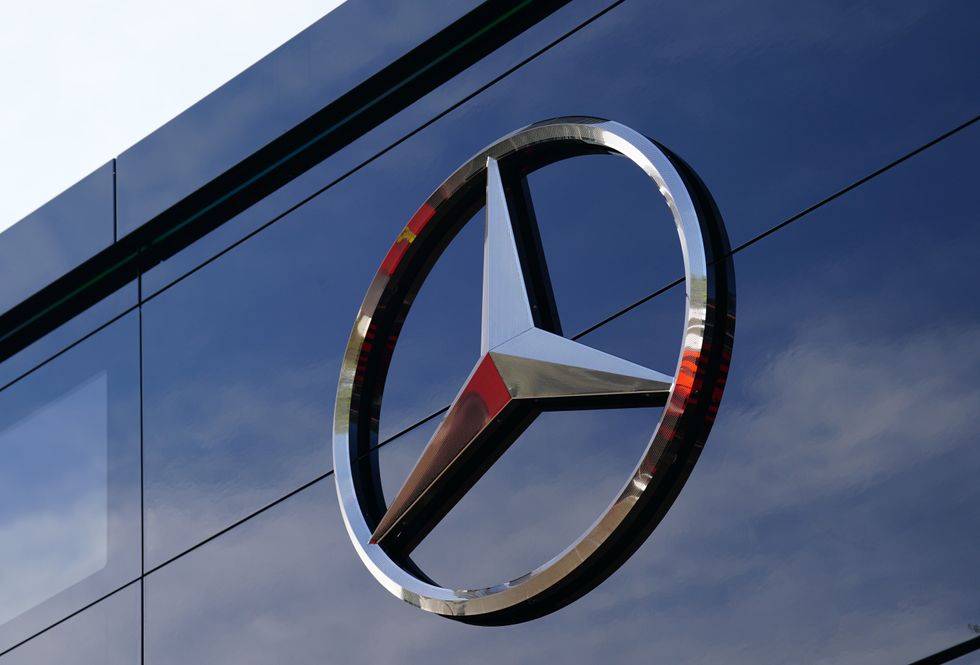One of the world’s most popular car brands has revealed it will continue to manufacture diesel cars despite the impending ban coming to the UK as soon as 2030.
Mercedes-Benz has announced it will continue investing in diesel technology for as long as regulations permit after proving consumer appetite for the vehicle remains high.
The company’s strategy comes after figures revealed that diesel engines continue to dominate the carmaker’s sales with driver support remaining consistent.
The manufacturer stated that diesel powertrains account for 74 per cent of customer preferences globally compared to both petrol and electric vehicles.
Do you have a story you’d like to share? Get in touch by emailing[email protected]

Diesel cars could be banned from UK as soon as 2030 under new plans
GETTY
In the commercial vehicle sector, diesel outranked both petrol and electric cars with 90 per cent of Mercedes vehicles featuring a diesel tank.
The company also flagged how its latest generation of diesel engines, including the OM654 and OM656, not only meet the current requirements for emission standards, but also can be integrated into hybrid cars which will be able to remain on UK roads past the 2030 deadline.
However, despite diesel sales remaining high for the company, the UK still plans on phasing out the fuel type. A recently launched consultation looks to reinstate the original 2030 petrol and diesel ban introduced by the previous Conservative Government.
The move has been met with mixed responses from the industry with the Society of Motor Manufacturers and Traders showing its overwhelming support for an earlier ban.
Mike Hawes, Chief Executive at the SMMT said: “These are both critical issues for an industry that is facing significant challenges globally as it tries to decarbonise ahead of natural market demand.
“Aside from the billions invested in new technologies and products, it has cost manufacturers in excess of £4billion in discounting in the UK this year alone. This is unsustainable and, with the 2025 market looking under even greater pressure, it is imperative we get an urgent resolution.”
The National Franchised Dealers Association also welcomed the Government’s latest consultation but warned that it needs to recognise that “consumer demand is essential to effectively stimulate the market”.
The organisation stressed the importance of addressing regional disparities, noting that Northern Ireland’s electric vehicle infrastructure lags significantly behind England, Wales and Scotland.
Meanwhile, Fiona Howarth, CEO of Octopus Electric Vehicles, explained that electric cars are six times cheaper to run than petrol cars, offering a more affordable option for drivers.
Despite the drive towards electric vehicles, Mercedes CEO Ola Källenius explained that it “would not make any economic sense” to focus solely on electric vehicles at present.
“If you don’t believe that the market is 100 per cent electric at that point, you have to have the choice for both,” he noted.
The Government launched its consultation on changing the Zero Emission Vehicle (ZEV) mandate to 2030 on December 24.
LATEST DEVELOPMENTS:
- Major council rakes in millions from fining petrol and diesel drivers in ‘stealth taxes’ – ‘Get rid of it all!’
- UK to see rapid rollout of electric vehicle chargers with new rules ahead of petrol and diesel car ban
- Labour scraps driving laws designed to help Britons with petrol station chaos amid fuel crisis fears
 Mercedes Benz said it does not make ‘economic sense’ to switch to only electricPA
Mercedes Benz said it does not make ‘economic sense’ to switch to only electricPAThe consultation will look at whether it would be viable to reduce the targets by five years for certain vehicles, putting the UK back in line with other European countries which have also pledged to remove petrol and diesel cars.